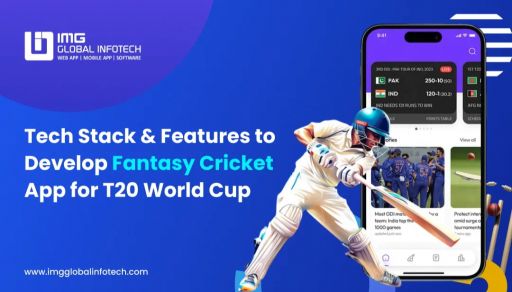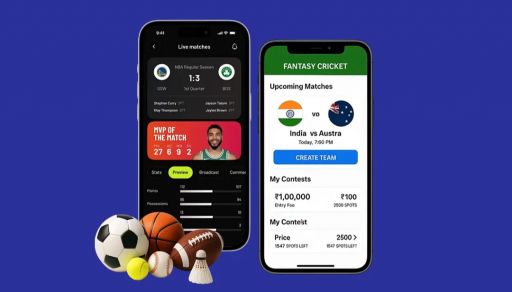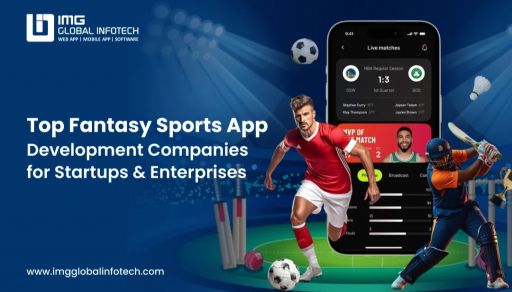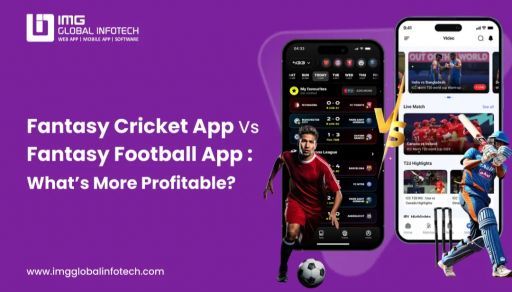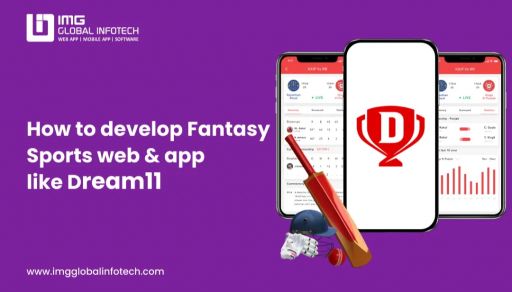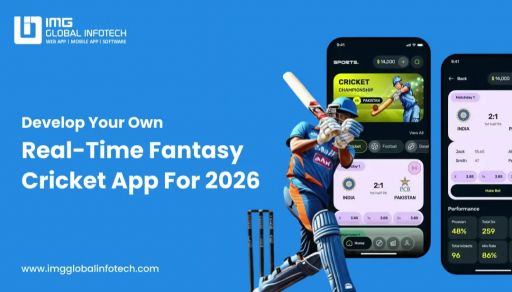Fantasy Sports App Vs Prediction App – What’s More Profitable In 2026?
Neeraj Rajput
Jul 18, 2025
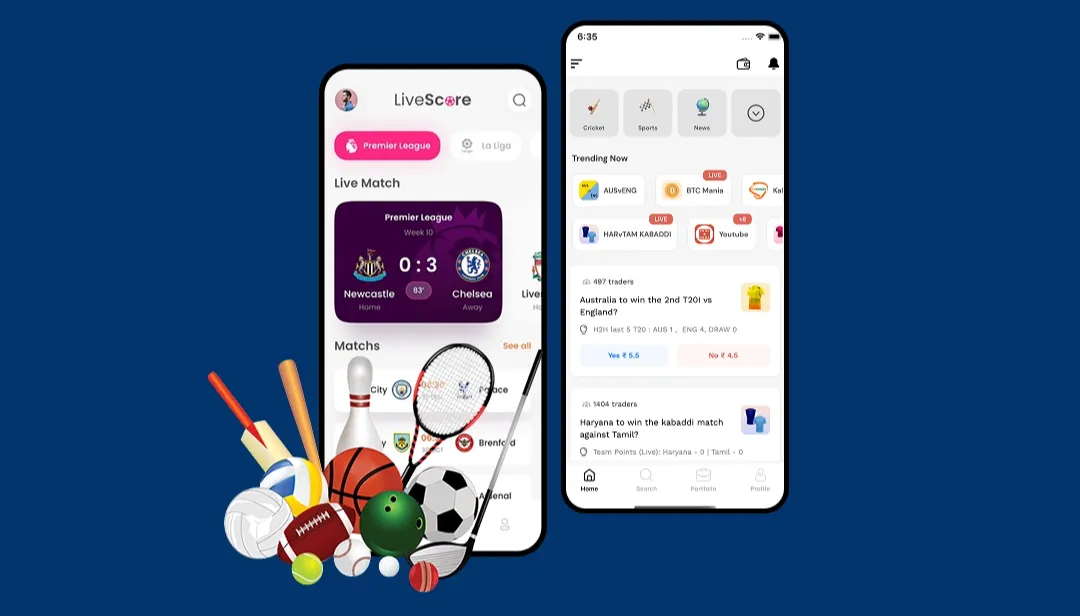
India's mobile gaming sector is booming and two app categories are leading the charge: fantasy sports apps and prediction apps. As smartphones penetrate deeper into Tier II and III cities and internet accessibility expands, millions of Indian users are turning to real-money gaming platforms for both entertainment and income.
The fantasy sports app market in India, led by giants like Dream11, MyTeam11, and MPL, has matured rapidly thanks to its alignment with real-world sporting events like the IPL, ICC World Cup, and ISL. These platforms allow users to create virtual teams, join contests, and win real cash based on player performance. With regulatory clarity and a user base expected to cross 200 million by 2026, fantasy apps present a lucrative opportunity for startups and investors.
On the other side, prediction apps have started gaining momentum in India. These platforms allow users to forecast outcomes in sports, entertainment, stock markets, and even politics. Platforms like WinZo, CrickPe (with prediction elements), and Probo have built loyal followings, particularly among Gen Z users who prefer bite-sized, daily prediction challenges over long-format games.
But when it comes to profitability, scalability, legality, and monetization, the choice between launching a fantasy app or a prediction app in India requires deeper analysis.
In this blog, we’ll break down the differences between fantasy and prediction apps from how they work to development costs, legal aspects, revenue potential, and ROI to help you decide which one is more profitable in the Indian market in 2026.
What is a Fantasy Sports App?
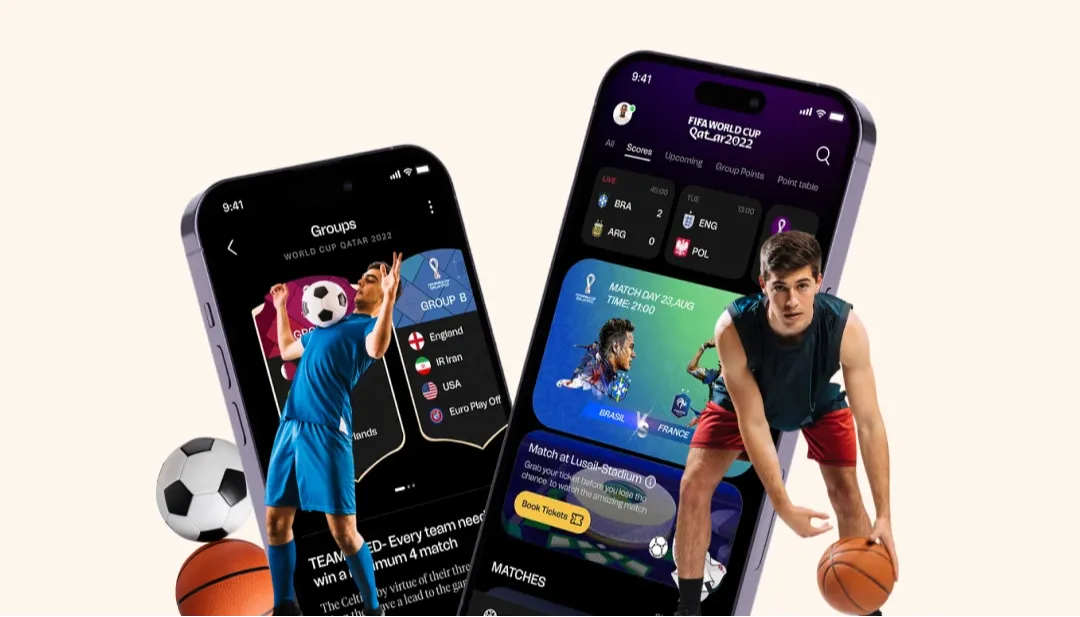
A fantasy sports app allows users to create virtual teams made up of real-life players from upcoming matches. Based on the actual performance of these players in live matches, users earn points, climb leaderboards, and win cash prizes.
For example, in an IPL match, a user can create their own team with real players like Virat Kohli or Jasprit Bumrah. If these players perform well on the field, the user earns points. The better the team’s performance, the higher the chance of winning contests.
These platforms operate in a game of skill format and are legal in most Indian states. Apps like Dream11, MPL, My11Circle, and Vision11 dominate the space with millions of users joining daily contests.
Key features include:
-
Player selection with budget caps
-
Real-time match updates
-
Paid & free contests
-
Wallet integration & withdrawals
-
Referral systems
Fantasy apps are especially popular during cricket tournaments like IPL, Asia Cup, and the T20 World Cup. However, many also support other sports like football, kabaddi, and basketball.
In India, the fantasy sports ecosystem is supported by a solid regulatory framework, making it a trusted and scalable business model for entrepreneurs.
What is a Prediction App?
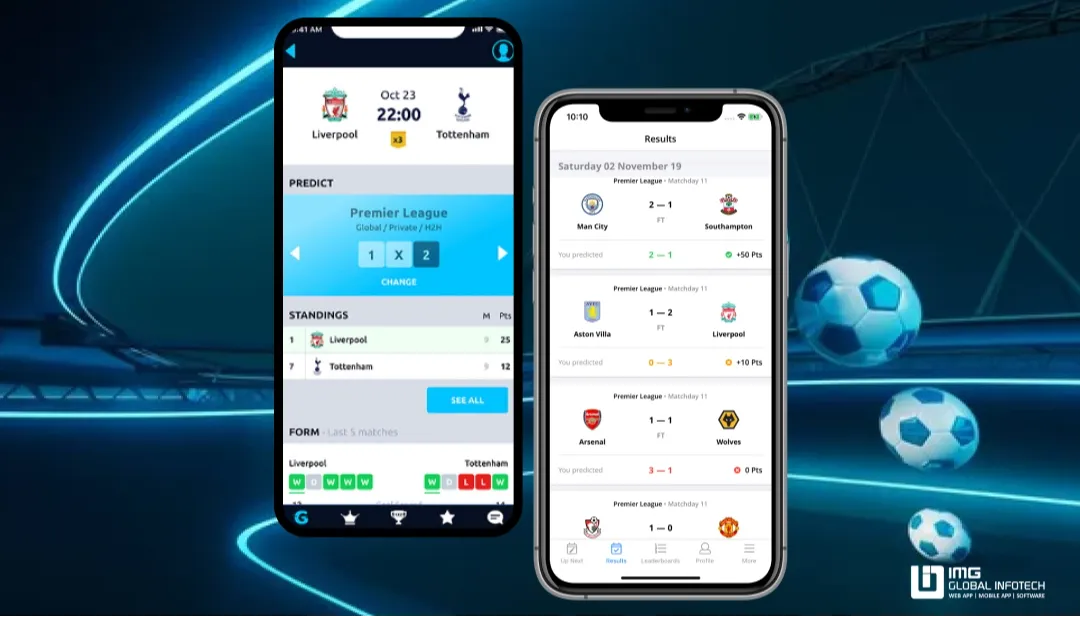
A prediction app allows users to forecast outcomes across various domains such as sports, finance, entertainment, elections, and even current affairs. Users earn points, rewards, or real money based on the accuracy of their predictions.
For instance, in a cricket match, a user might predict:
-
Who will win the toss?
-
Will Virat Kohli score a half-century?
-
Total sixes in a match?
Unlike fantasy sports where users build teams, prediction apps rely on direct engagement through yes/no or multiple-choice formats. Apps like Probo, CrickPe (with prediction elements), WinZO, and Vision11 Prediction are gaining ground in India, especially among casual users who prefer quick gameplay. However, the features of fantasy sports app development—such as team creation, live scoring, leaderboards, and in-app wallets—cater more to strategic players looking for deeper engagement.
These apps are ideal for:
-
Daily engagement
-
Gamification
-
Opinion-based contests
-
Quick payouts
However, prediction apps often exist in a grey legal area. Some states classify them under gambling, especially when outcomes are based on chance rather than skill. This can impact Google Play policies, funding, and ad placement strategies.
Despite these hurdles, prediction apps offer low development costs, fast virality, and high user engagement making them attractive for startups focused on fast growth in India’s digital entertainment space.
Market Overview & Growth Stats
India is the largest fantasy sports market in the world, with user growth accelerating post-2024. The fantasy sports market is projected to reach ₹65,000 crore by 2026, with cricket holding an 85% market share.
Meanwhile, the prediction app market in India is still emerging but rapidly gaining popularity due to gamification, micro-transactions, and influencer-driven virality. Gen Z users prefer prediction games over traditional fantasy leagues due to lower time investment.
Both categories show promise, but fantasy apps currently lead in market maturity, regulation, and investor confidence, while prediction apps hold potential for mass adoption with minimal entry barriers.
Revenue Models: Fantasy App vs Prediction App
Understanding how these apps generate income is crucial to determining profitability.
Fantasy Sports App Revenue Models:
-
Entry Fee-Based Contests: Users pay to enter leagues. A percentage is retained as commission.
-
In-App Purchases: Buy boosters, coins, or team-building tools.
-
Ad Revenue: Show targeted ads during non-match hours or free contests.
-
Private Leagues: Users pay to create contests and invite friends.
-
Brand Collaborations & Sponsorships: Tie-ups with IPL teams, cricket influencers, etc.
-
Affiliate & Referral Programs: Gain commission from users inviting others.
Fantasy sports apps typically see higher user lifetime value (LTV) and repeat transactions, especially during tournament seasons.
Prediction App Revenue Models:
-
Coin/Tokens Sales: Users buy coins to participate in predictions.
-
Subscription Models: Access to expert tips, exclusive contests.
-
Ad Monetization: Rewarded video ads, banner ads, daily login rewards.
-
Sponsored Contests: Brands promote questions or trends.
-
Premium Features: Leaderboards, badges, early access to contests.
While prediction apps may have lower ARPU (Average Revenue per User) compared to fantasy apps, they make up for it with high-frequency engagement and a wider demographic reach.
Legal Aspects & Regulatory Overview
When launching a fantasy sports or prediction app in India, understanding the legal framework is essential. The Indian regulatory environment distinguishes sharply between games of skill and games of chance, and your app’s classification can significantly impact its success, scalability, and platform availability. For entrepreneurs and developers, referring to a complete guide to build fantasy sports app is crucial to navigate compliance, integrate core functionalities, and ensure long-term sustainability in this rapidly evolving digital space.
Fantasy Sports App Legality in India
Fantasy sports apps are widely accepted and considered legal in most Indian states, provided they fall under the category of a game of skill. The Supreme Court of India and various High Courts have upheld this distinction, ruling that fantasy games involving strategic team selection based on player stats, match conditions, and performance analysis qualify as skill-based.
Key Legal Highlights:
-
Legal in majority of states, including Delhi, Maharashtra, Karnataka, Tamil Nadu, West Bengal, and Uttar Pradesh.
-
Restricted in some states like Assam, Telangana, Odisha, Andhra Pradesh, Sikkim, and Nagaland, where local gambling laws apply.
-
Regulated under self-regulatory bodies such as the Federation of Indian Fantasy Sports (FIFS).
-
Eligible for listing on the Google Play Store (since 2022, with proper licensing and KYC).
To operate legally, fantasy app developers must ensure:
-
Transparent rules and scoring systems.
-
Strict KYC verification and responsible gaming policies.
-
No influence of chance or betting mechanics.
Prediction App Legal Status in India
Prediction apps face more challenges in India due to their potential classification as games of chance or gambling, depending on the structure. Apps that involve yes/no predictions, especially in sports, entertainment, or finance, often walk a legal tightrope.
Concerns Include:
-
No clear regulatory body currently governs prediction platforms.
-
May be deemed illegal under the Public Gambling Act of 1867 if outcomes depend on luck, not skill.
-
Likely to be rejected by Google Play Store and Apple App Store India if found non-compliant.
-
Legal grey area in most Indian states, requiring thorough legal review and disclaimers.
Cost to Develop Fantasy vs Prediction App (India – 2026)
When it comes to development cost, both fantasy sports apps and prediction apps vary based on feature set, design complexity, and tech integrations. For those asking how much does it cost to build a fantasy sports app, it ultimately depends on the scope of features and platform requirements. Here’s a breakdown:
Fantasy Sports App Development Cost:
Prediction App Development Cost:
Monetization & ROI Potential
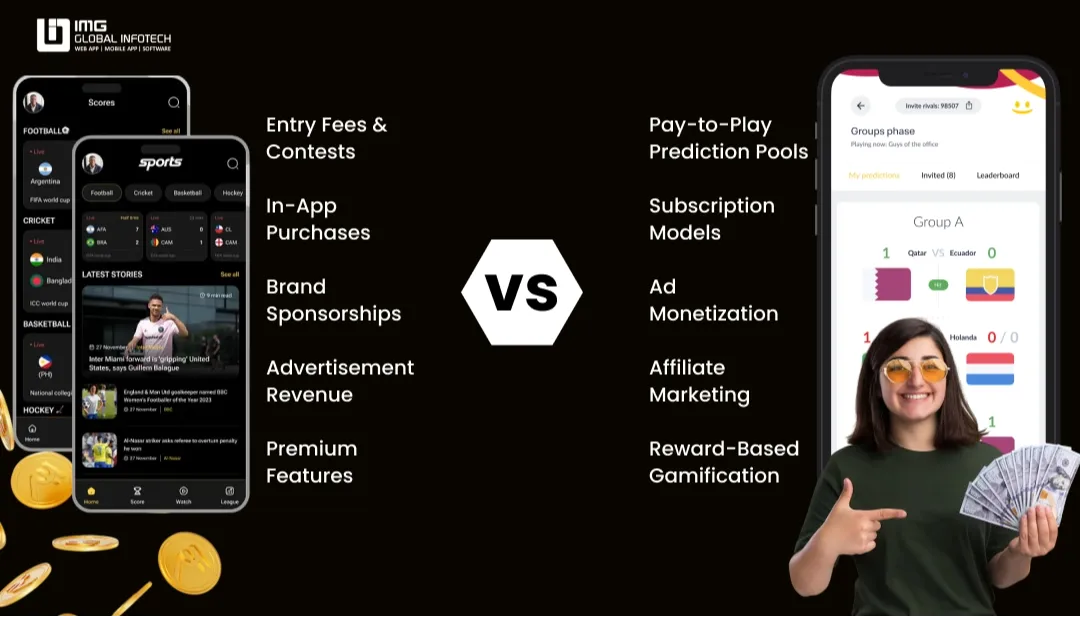
Both Fantasy Sports and Prediction Apps present significant monetization opportunities, especially in India’s booming digital gaming and mobile-first economy. However, their models, user psychology, and long-term ROI vary distinctly.
Fantasy Sports App: Monetization Streams
-
Entry Fees & Contests: The most popular revenue stream. Users pay an entry fee to join leagues and contests with cash rewards.
-
In-App Purchases: Selling coins, bonus credits, or performance boosters enhances engagement.
-
Brand Sponsorships: Fantasy apps attract sports brands and event partners, generating huge brand deals.
-
Advertisement Revenue: Display ads, video ads, and banners offer strong CPMs due to high session time.
-
Premium Features: Access to analytics tools, AI-based team suggestions, or early contest entry.
ROI Insight:
Fantasy apps have a high user retention rate, especially during major cricket events like IPL or World Cup. ROI is fast during seasons and can go up to 4–6X annually if user engagement remains consistent.
Prediction App: Monetization Streams
-
Pay-to-Play Prediction Pools: Users pay to participate in predictions across sports, politics, stock trends, or entertainment.
-
Subscription Models: Premium users get early access to tips, AI-driven insights, or guaranteed higher reward pools.
-
Ad Monetization: Display ads (Google AdMob, Facebook Audience Network) offer monetization per session.
-
Affiliate Marketing: Promoting financial products, betting platforms (where legal), or brand tie-ups.
-
Reward-Based Gamification: Users predict to earn coins/rewards, which can be monetized with third-party partnerships.
ROI Insight:
Prediction apps often have lower acquisition costs and work well on virality and daily engagement. If scaled correctly with proper legal boundaries, ROI can be 3–5X annually, though seasonality may affect earnings.
Final Verdict – What’s More Profitable in 2026?
In India’s dynamic digital gaming sector, Fantasy Sports Apps remain the frontrunner in terms of peak revenue especially during cricket seasons like IPL and the World Cup. With strong user engagement, higher average revenue per user (ARPU), and long-term brand building, fantasy apps are more profitable for enterprises with robust capital and marketing power.
On the other hand, Prediction Apps are gaining traction for their low entry barriers, diverse use cases (sports, stocks, politics), and quicker returns. For startups or niche platforms, they offer a cost-effective way to monetize engagement and build loyal communities with less regulatory overhead (depending on format).
Want to build a Fantasy Sports or Prediction App?
IMG Global Infotech is a leading Fantasy Sports App Development Company in India with proven expertise in building scalable, legally compliant, and feature-rich gaming platforms. Whether you're targeting IPL fans or prediction-based micro-contests, our team can help you craft a powerful solution tailored to your vision and budget.
-
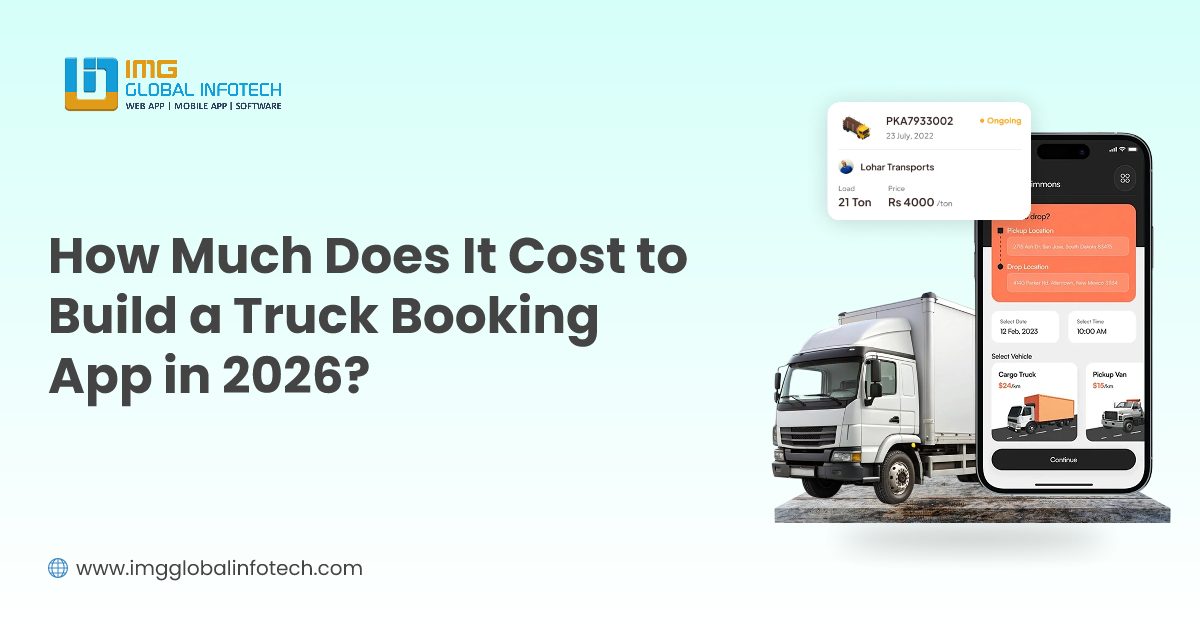 How Much Does Truck Booking App Development Cost in 2026?
How Much Does Truck Booking App Development Cost in 2026?
-
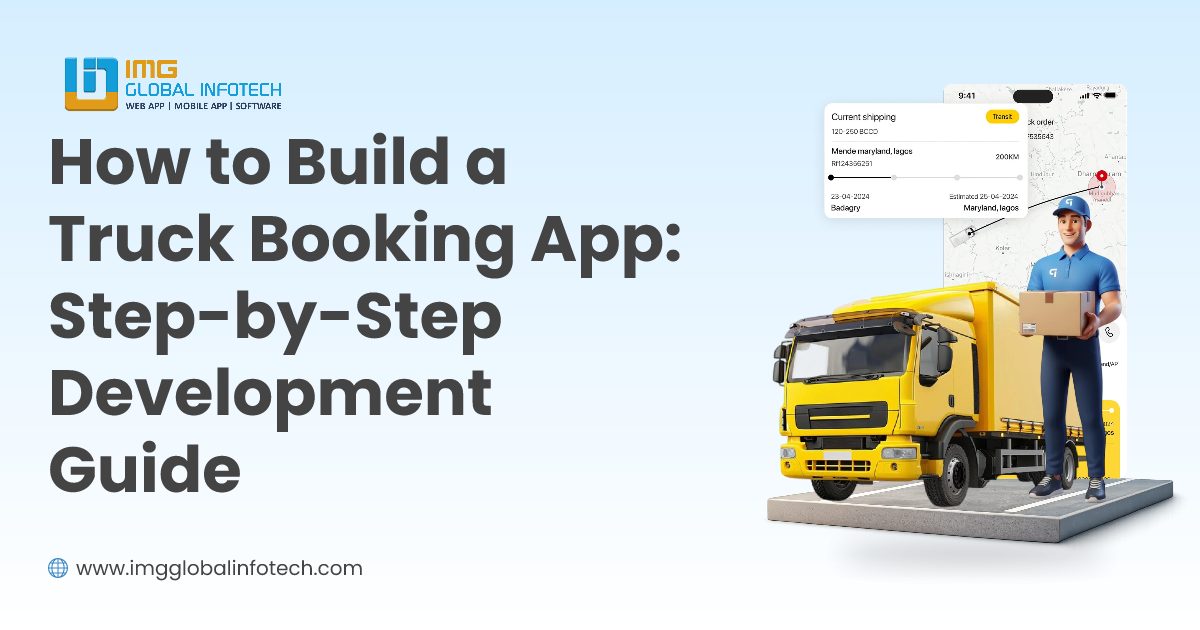 How to Build a Truck Booking App: Step-by-Step Development Guide
How to Build a Truck Booking App: Step-by-Step Development Guide
-
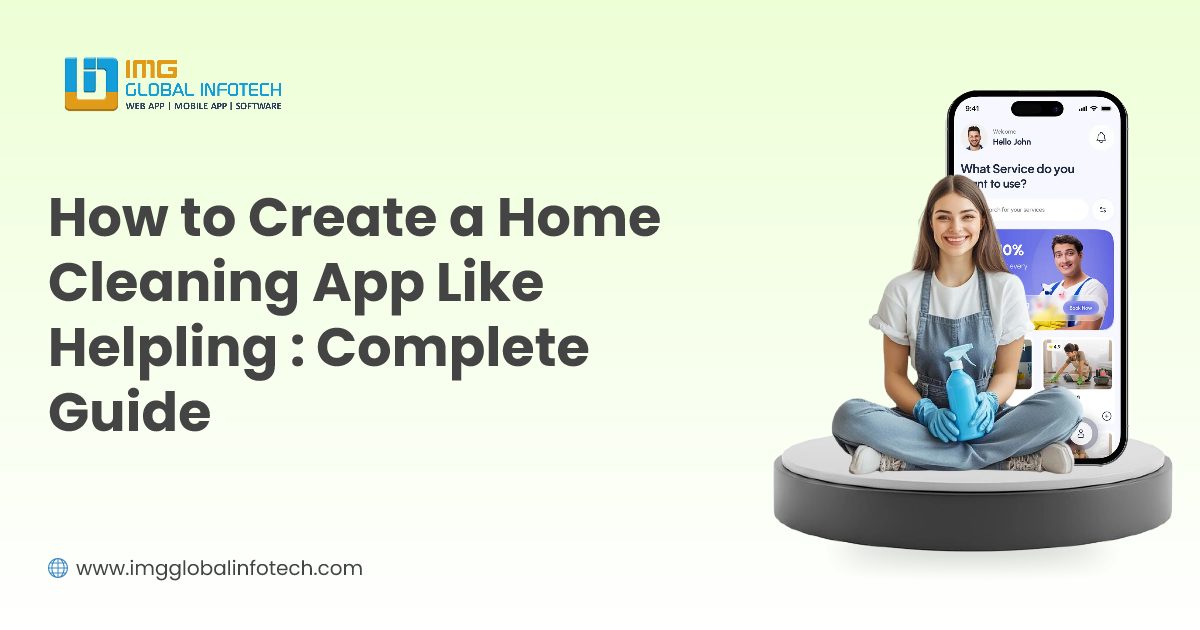 How to Create a Home Cleaning App Like Helpling : Complete Guide
How to Create a Home Cleaning App Like Helpling : Complete Guide
-
 Top 10 Flower Delivery Apps in 2026
Top 10 Flower Delivery Apps in 2026
-
 Top Generative AI Trends in 2026: A Complete Industry Guide
Top Generative AI Trends in 2026: A Complete Industry Guide
-
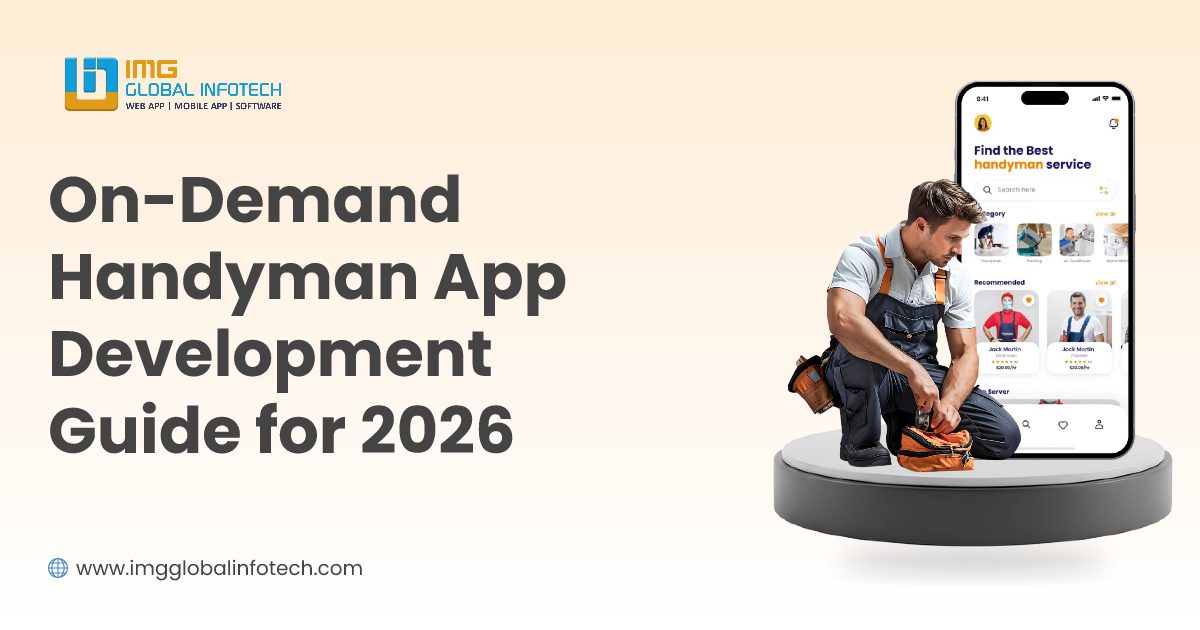 On-Demand Handyman App Development Guide for 2026
On-Demand Handyman App Development Guide for 2026
Neeraj Rajput is the co-founder of a leading IT company with over a decade of experience in technology consulting, product development, and digital transformation. With a passion for solving complex business challenges through smart tech solutions, he shares insights on innovation, leadership, and the evolving IT landscape


